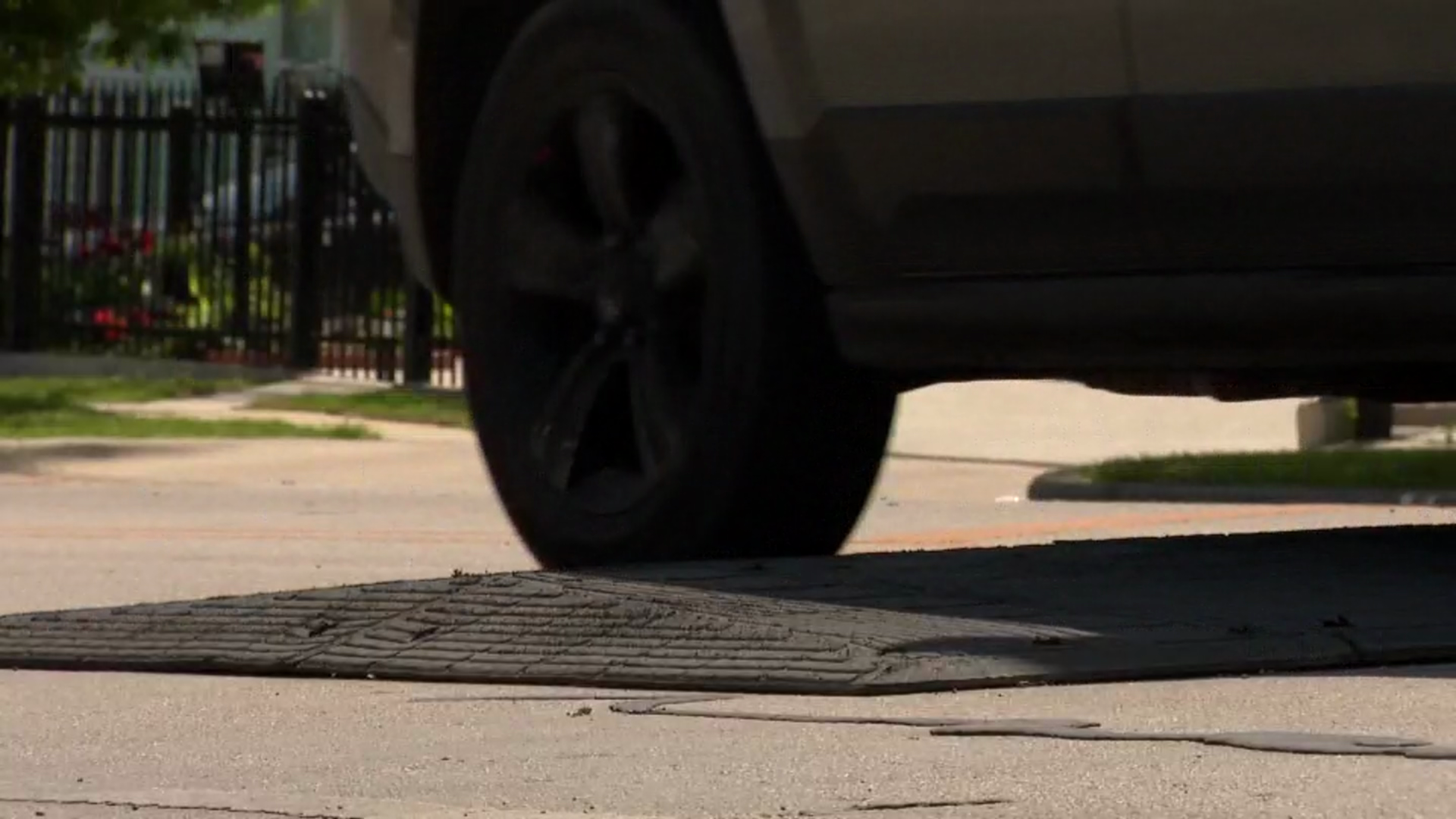Health officials confirmed the first positive test for West Nile Virus in Dallas County for the year, officials said Tuesday.
A sampling from mosquito traps in Richardson, zip code 75080, tested positive in tests conducted by Dallas County Health and Human Services, the department said.
The West Nile Virus is a disease spread by the bite of an infected mosquito.
Mosquitoes can become infected when they feed on the blood from infected birds. The infected mosquitoes can then transmit WNV to humans and animals. Severe WNV infections can cause neurologic complications such as encephalitis. Milder symptoms include fever, headache and muscle aches. There is no vaccine or specific treatment for WNV.
"Mosquito season is here. We want the residents of Dallas County to know to expect more positive traps this season and to therefore remember the 4 Ds." said Dr. Philip Huang, DCHHS Director.
The best way to avoid exposure to West Nile virus is to avoid mosquito bites, the department said.
Residents should use the 4Ds to reduce exposure to mosquitoes:
Local
The latest news from around North Texas.
DEET All Day, Every Day: Whenever you're outside, use insect repellents that contain the active ingredient DEET or other EPA-registered repellents and follow label instructions.
Dress: Wear long, loose, and light-colored clothing outside.
Drain: Drain or treat all standing water in and around your home or workplace where mosquitoes could lay eggs.
All Day long: Limit outdoor activities all day long as mosquitoes can bite anytime of the day.
Standing water can be treated with EPA-registered lavaicide that are available for retail purchase. Larvicides are products used to kill immature mosquitoes before they become adults. Larvicides are applied directly to water sources that hold mosquito eggs, larvae or pupae. When used correctly, larvicides can help reduce the overall mosquito burden by limiting the number of mosquitoes that are produced, according to the Center for Disease Control and Prevention (CDC).
For more information visit the DCHHS website here.



